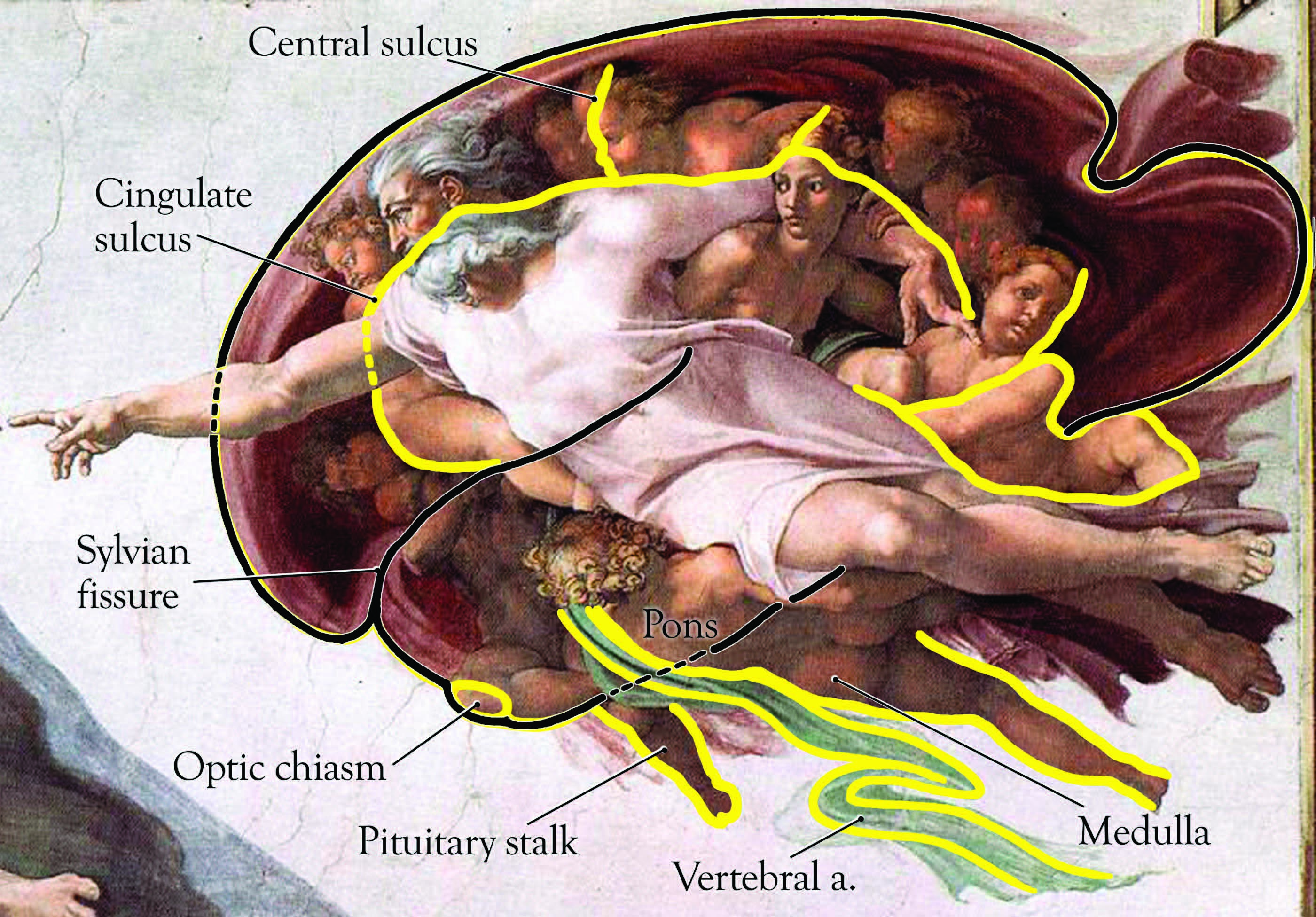Divide by Zero
The Living Force
Good points and yes warnings.
Seeing the violence in a scary manner which reminds me of Children of Men and other dark movies seems better than the status quo though.
We have plenty of PG13 movies that show violence unrealistically, people blow up and die, but no carnage. But because there is no carnage, they can fill the show with it and still have a good rating.
My nephew regularly plays video games that show this and it's not the same like watching a Tom and Jerry cartoon.
I think the desensitization is not from the violence itself, but the cleaning up of it.
I am reminded of how some aspects of the work requires honesty. Honesty about war, violence, sex, and so on is indeed lacking in modern society. After all, they don't even get to see the true carnage in Syria in the western media, it is sanitized as just "hollywood" explosions and such.
I just wanted to say this because it is not so much clear cut that violence in shows is bad, it all depends on the message conveyed. The Walking Dead, other horror films, or some Tarantino film overdo it. Children of Men, The Road, and I feel- Westworld, show it in a darker more realistic manner that makes you NOT WANT to hurt others, by the horror of it.
Or maybe it's just how some of us are when it comes to art/media. Some may have negative effects of dissasociation, etc.
I recall G had a similar point regarding sex, that for some they need abstinence and others a practice of it with awareness. It's all relative to how we learn, I suppose?
Seeing the violence in a scary manner which reminds me of Children of Men and other dark movies seems better than the status quo though.
We have plenty of PG13 movies that show violence unrealistically, people blow up and die, but no carnage. But because there is no carnage, they can fill the show with it and still have a good rating.
My nephew regularly plays video games that show this and it's not the same like watching a Tom and Jerry cartoon.
I think the desensitization is not from the violence itself, but the cleaning up of it.
I am reminded of how some aspects of the work requires honesty. Honesty about war, violence, sex, and so on is indeed lacking in modern society. After all, they don't even get to see the true carnage in Syria in the western media, it is sanitized as just "hollywood" explosions and such.
I just wanted to say this because it is not so much clear cut that violence in shows is bad, it all depends on the message conveyed. The Walking Dead, other horror films, or some Tarantino film overdo it. Children of Men, The Road, and I feel- Westworld, show it in a darker more realistic manner that makes you NOT WANT to hurt others, by the horror of it.
Or maybe it's just how some of us are when it comes to art/media. Some may have negative effects of dissasociation, etc.
I recall G had a similar point regarding sex, that for some they need abstinence and others a practice of it with awareness. It's all relative to how we learn, I suppose?

